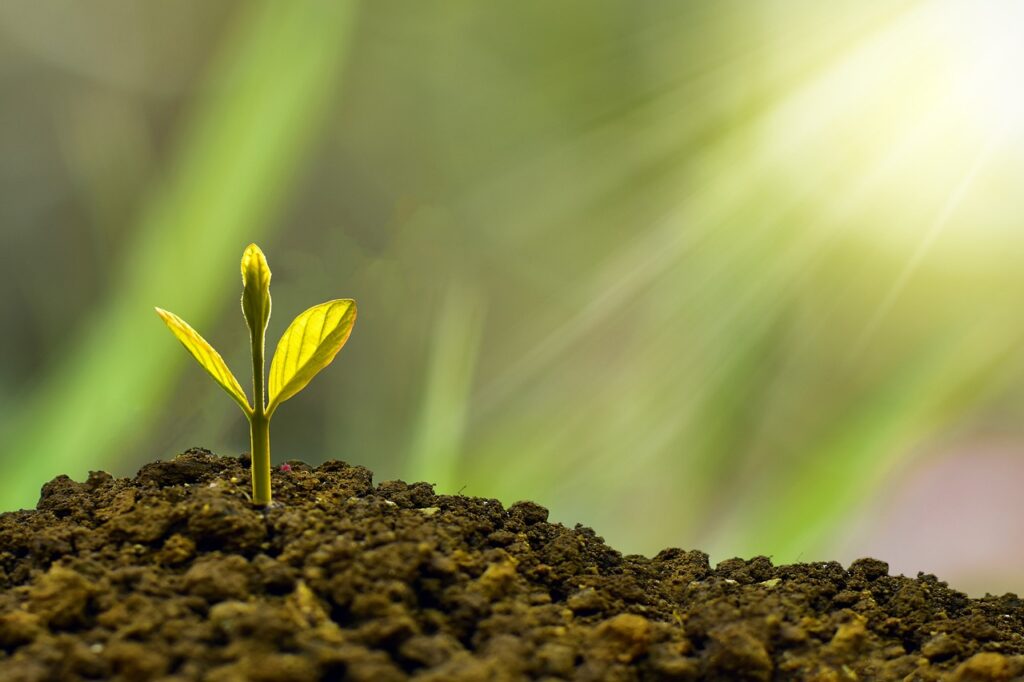Contact Us (720) 964-1335 or (901) 675-6125

Transitioning off GLP-1 medications can be a significant milestone in your weight loss journey, especially for women over 40. These medications, such as Ozempic® and Wegovy®, have been powerful tools in helping you manage your weight, but the journey doesn’t end when you stop taking them. Maintaining the progress you’ve made requires a holistic approach to wellness, focusing on diet, exercise, and mental well-being.
The Journey of Coming Off GLP-1 Medications
GLP-1 medications have played a vital role in regulating your appetite, stabilizing blood sugar levels, and promoting weight loss. However, as you phase out these medications, it’s essential to prepare for the changes your body may experience. Without the appetite-suppressing effects of GLP-1 medications, you might notice an increase in hunger, changes in energy levels, or fluctuations in weight. But don’t worry—this is where a strong foundation in holistic wellness becomes your greatest asset.
Maintaining Weight Loss Through Holistic Wellness
Holistic wellness focuses on the balance between physical, mental, and emotional health. Here’s how you can use this approach to maintain your weight loss after stopping GLP-1 medications:
- Nourish Your Body with Balanced Nutrition: Without the appetite regulation provided by GLP-1 medications, it’s crucial to be mindful of your eating habits. Emphasize a diet rich in whole foods, including fruits, vegetables, lean proteins, and whole grains. Focus on portion control and listen to your body’s hunger cues. Incorporating mindful eating practices can help you make healthier choices and avoid emotional eating.
- Stay Active with Regular Exercise: Physical activity is key to maintaining your weight loss and overall health. Incorporate a mix of aerobic exercises, strength training, and flexibility exercises into your routine. Activities like walking, swimming, yoga, and resistance training are excellent for building strength and burning calories while being gentle on the joints.
- Prioritize Mental and Emotional Well-being: The mental aspect of weight loss is just as important as the physical. Practice mindfulness techniques such as meditation, deep breathing, or journaling to manage stress and stay focused on your wellness goals. Surround yourself with a supportive community, whether it’s friends, family, or a wellness coach, to help you navigate any challenges that arise.
- Set Realistic and Sustainable Goals: Your body will continue to change over time, and it’s important to set realistic goals that prioritize your health over numbers on a scale. Celebrate the non-scale victories, such as increased energy levels, better sleep, or improved mood, which are all signs of a successful transition.
National Recovery Month: Embracing Wellness as a Path to Recovery
September is National Recovery Month, a time to celebrate the gains made by those in recovery and to promote the benefits of prevention, treatment, and recovery. While this month traditionally focuses on recovery from substance use disorders, the principles of recovery—healing, resilience, and sustained health—are universal and can be applied to your journey after GLP-1 medications.
Recovery isn’t just about overcoming a challenge; it’s about thriving and building a life that supports your well-being. By focusing on holistic wellness, you can maintain the progress you’ve made with GLP-1 medications and continue to improve your health long after you’ve stopped taking them.
How Ample Health & Wellness Can Support Your Journey
At Ample Health & Wellness, we understand that transitioning off GLP-1 medications can feel daunting, but you don’t have to do it alone. Our coaching services are designed to support you every step of the way, offering personalized guidance in diet, exercise, and mindfulness. Whether you’re currently on GLP-1 medications or in the process of coming off them, we’re here to help you maintain your weight loss and thrive in every aspect of your life.
Join our weekly newsletter to stay connected and receive more tips and insights on how to sustain your health and wellness journey.

About the Author: Dr. Kisha Pickford, DNP, is a board-certified nurse practitioner and holistic nutrition weight loss coach at Ample Health & Wellness. She helps women over 40 achieve sustainable weight loss and whole-body wellness through holistic, evidence-based coaching.
📚References
- Centers for Disease Control and Prevention (CDC). (2023). “Healthy Weight – Finding a Balance.” https://www.cdc.gov
- Harvard Health Publishing. (2023). “Exercise and Weight Loss: The Evidence.” https://www.health.harvard.edu
- National Institute of Mental Health (NIMH). (2023). “Mindfulness and Emotional Well-being.” https://www.nimh.nih.gov
